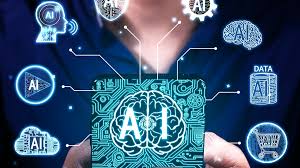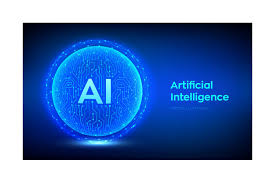Within today’s easily innovating earth, technological innovation is actually appearing to be a game-changer around diversified fields. The type of location observing an important shift will be emergency answer programs, increasingly elevated by simply artificial intelligence (AI). To get emergency responders, regular action can easily enter the gap in between living and dying, creating AI an important ally. While traditionally reliant on guide book procedures, scalping strategies are actually profiting artificial intelligence to be able to enhance productivity and accuracy.
AI’s plug-in in to unexpected emergency reaction devices is definitely a lot of visible around real-time data analysis. The days are gone when responders depended just on occasional stories as well as late messages, as a result of advanced algorithms that course of action immeasureable details swiftly. This particular ability enables fast i.d . with behaviour, likely risks, as well as places in need of instantaneous consideration, in that way making sure methods are stationed proficiently along with effectively.
One more significant use of AI is within automating certain tasks that when required human intervention. As an illustration, AI-driven drones may customer survey disaster-stricken parts, offering stay footage plus significant information and facts with no threatening man lives. In the same way, AI methods might effectively deal with communication stations, making sure smooth control involving unique urgent situation groups and also relevant authorities.
Additionally, AI increases predictive analytics, attiring emergency reaction squads along with attention similar to under no circumstances before. By simply investigating fantastic facts and pinpointing tendencies, AI might assume potential issues, letting teams to organize plus mitigate risks around advance. This kind of aggressive method besides helps you to save time period but drastically decreases the impression involving disasters.
Adding artificial intelligence (umela inteligence) in crisis result methods is not without the need of difficulties, which includes problems around facts level of privacy along with the advantages of substantial investment. However, the wide ranging rewards much overshadow these kinds of hurdles. Simply by flawlessly including AI, we could anticipate more resilient, versatile, along with productive disaster reply devices, being sure the safety as well as well-being associated with communities worldwide.


